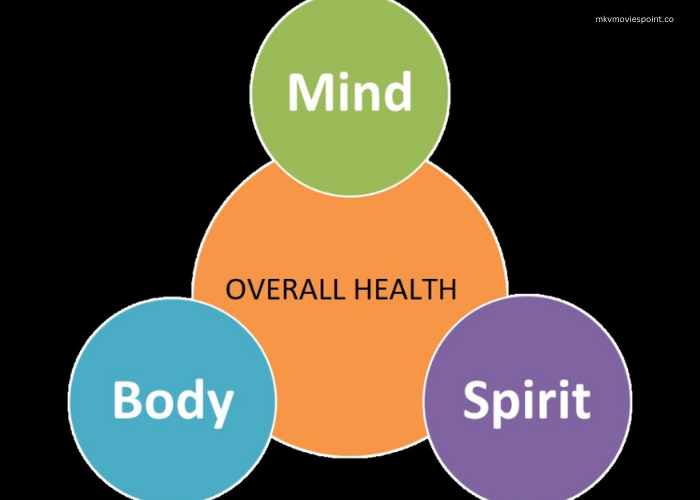In today’s fast-paced world, maintaining a healthy mind and body has never been more important. Balancing work, family, and personal commitments can often leave little room for self-care. However, by incorporating a few expert-recommended habits into your daily routine, you can achieve a more balanced and healthier lifestyle. Here are some practical tips to help you maintain both mental and physical well-being.
1. Prioritize Regular Exercise
Engaging in regular physical activity is one of the most effective ways to boost both physical and mental health. Exercise releases endorphins, which are natural mood elevators. Experts recommend at least 150 minutes of moderate-intensity aerobic exercise per week, such as brisk walking, swimming, or cycling. Incorporating strength training exercises twice a week can also help maintain muscle mass and bone health.
2. Follow a Balanced Diet
Nutrition plays a pivotal role in overall health. A diet rich in fruits, vegetables, whole grains, lean proteins, and healthy fats can provide the nutrients your body and mind need to function optimally. Avoid processed foods and excessive sugar, and stay hydrated by drinking plenty of water throughout the day. Consider consulting a registered dietitian for personalized dietary advice.
3. Practice Mindfulness and Meditation
Mindfulness practices such as meditation, deep breathing, or yoga can significantly reduce stress and improve mental clarity. Spending just 10-15 minutes a day focusing on your breath or engaging in guided meditation can help calm your mind and improve your emotional resilience.
4. Get Adequate Sleep
Sleep is essential for both mental and physical health. Adults should aim for 7-9 hours of quality sleep per night. Create a relaxing bedtime routine, avoid screens before bed, and ensure your sleeping environment is comfortable and free from distractions. If you struggle with sleep, consider speaking to a healthcare provider.
5. Stay Socially Connected
Strong social connections are vital for mental health. Make time to nurture relationships with family and friends, and don’t hesitate to reach out for support when needed. Joining community groups or volunteering can also provide a sense of purpose and belonging.
6. Manage Stress Effectively
Chronic stress can have detrimental effects on your health. Learn to recognize the signs of stress and develop strategies to manage it effectively. This might include time management techniques, setting realistic goals, or engaging in hobbies that bring joy and relaxation.
7. Regular Health Check-ups
Preventive care is key to maintaining long-term health. Schedule regular check-ups with your healthcare provider to monitor your physical and mental well-being. Early detection of potential health issues can lead to more effective treatment and better outcomes.
8. Limit Screen Time
Excessive screen time, especially on social media, can lead to stress, anxiety, and a sedentary lifestyle. Set boundaries for screen usage, take regular breaks, and prioritize offline activities to maintain a healthier balance.
9. Cultivate Gratitude
Practicing gratitude can improve mental well-being and overall life satisfaction. Keep a gratitude journal, where you write down things you are thankful for each day. This simple habit can help shift your focus to the positive aspects of life.
10. Stay Curious and Keep Learning
Engaging in lifelong learning stimulates your brain and keeps it healthy. Whether it’s picking up a new hobby, reading books, or taking courses, staying curious and open to new experiences can enhance cognitive function and provide a sense of accomplishment.
Maintaining a healthy mind and body requires consistency and effort, but the rewards are well worth it. By adopting these expert tips, you can enhance your quality of life, build resilience, and thrive in both your personal and professional endeavors. Start small, stay committed, and remember that your well-being is the foundation of a fulfilling life.

